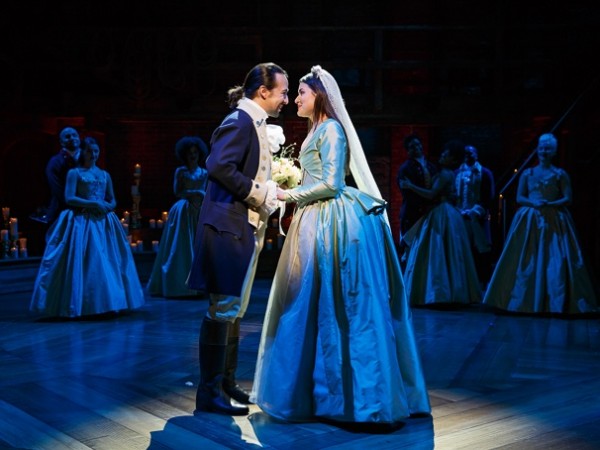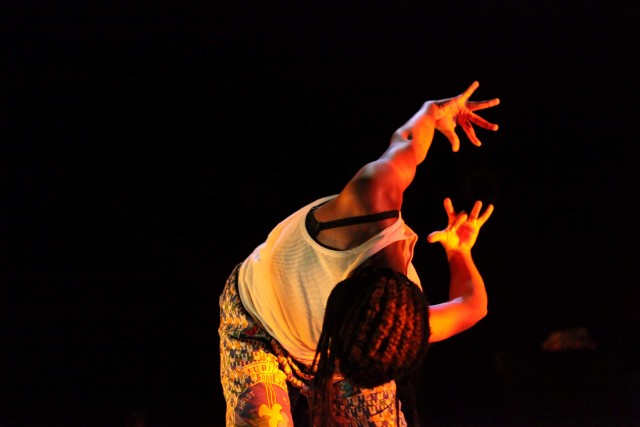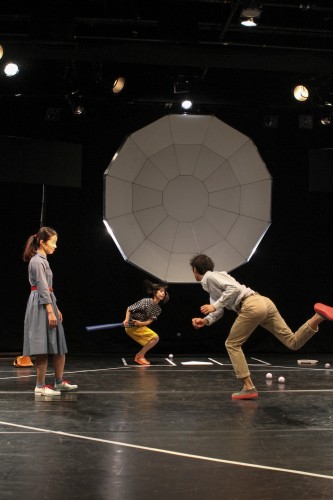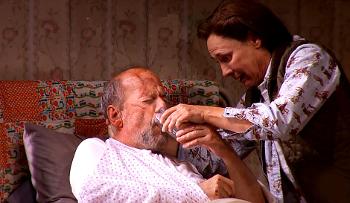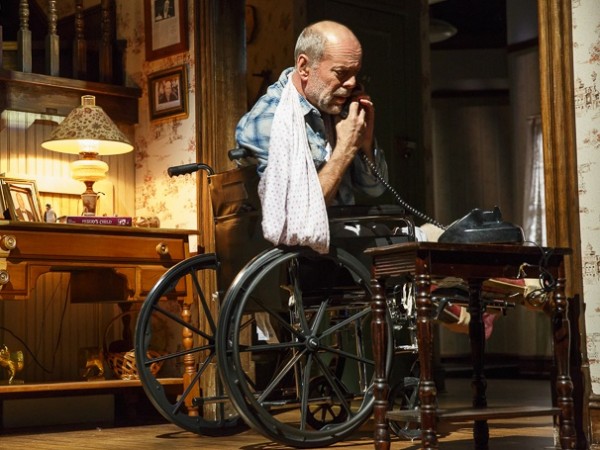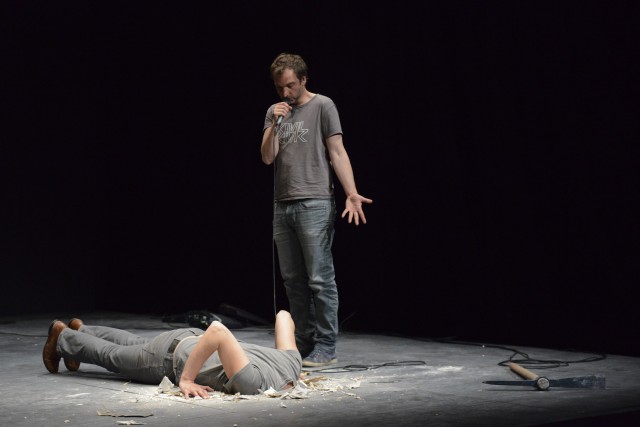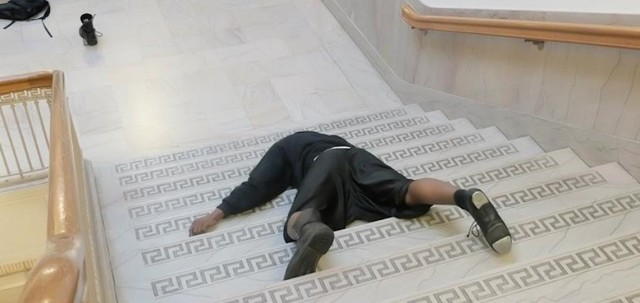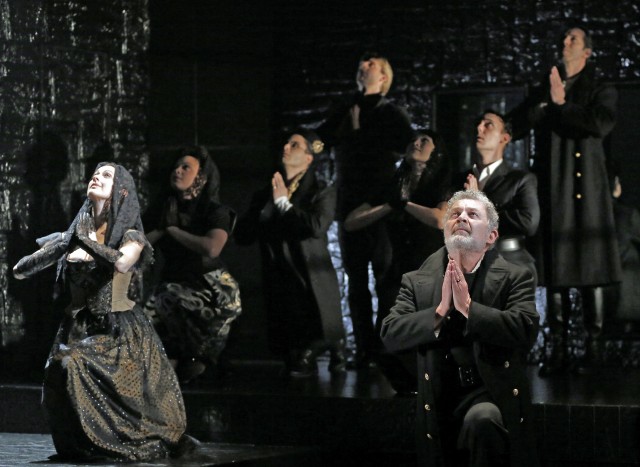
Red Bull Theater has revived Middleton and Crowley’s THE CHANGELING at the Lucille Lortel (photo by Carol Rosegg)
Red Bull Theater at the Lucille Lortel Theater
121 Christopher St. between Bleecker & Hudson Sts.
Tuesday – Sunday through January 24, $60-$80
212-352-3101
www.redbulltheater.com
A whole bunch of characters go to a whole lot of trouble to get laid in Red Bull Theater’s adaptation of Thomas Middleton and William Rowley’s 1622 Jacobean tragedy, The Changeling, but despite all the lust and violence, it ends up being a rather tepid affair. The classic play is set in Alicante, Spain, where the wealthy Vermandero (Sam Tsoutsouvas) has arranged for his daughter, Beatrice-Joanna (Sara Topham), to marry Alonzo de Piracquo (John Skelley). Instead, the strong-willed, fickle young woman has fallen in love with the dapper nobleman Alsemero (Christian Coulson), while Alsemero’s friend, Jasperino (Justin Blanchard), has the hots for Beatrice’s maid, Diaphanta (Kimiye Corwin). One of Vermandero’s servants, the disfigured De Flores (Manoel Felciano), harbors a secret affection for Beatrice. In the local asylum, guard Lollio (Andrew Weems), supposed madman Antonio (Bill Army), and apparent fool Franciscus (Philippe Bowgen) covet Isabella (Michelle Beck), the much younger wife of asylum doctor Alibius (Christopher McCann). As the wedding approaches, dangerous passions lead to subterfuge, mistaken identity, and murder, as blood spills and the body count rises.
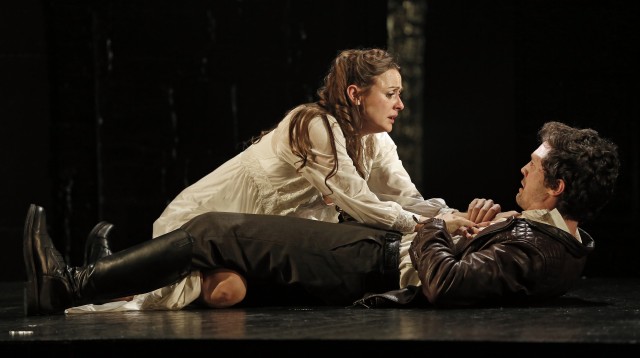
Beatrice (Sara Topham) and De Flores (Manoel Felciano) battle lust and passion in Jacobean tragedy (photo by Carol Rosegg)
Part of Red Bull Theater’s “Season of Scandal,” The Changeling never seems to grab hold of the audience, unspooling more like a series of vignettes than a fully realized play. The company, which has had great success with recent productions of such other seventeenth-century works as Volpone and ’Tis Pity She’s a Whore, has previously staged Middleton’s Women Beware Women and The Revenger’s Tragedy, also with founding artistic director Jesse Berger at the helm, but this time around there is not enough life in the revival. The dark, black set, by Marion Williams, features several platforms at the center, a mysterious closet where Alsemero keeps potions that, among other things, can tell if a woman is a virgin, and doors and mirrors behind which the asylum residents, dressed like strange animals, sometimes hover. The play, which has been turned into a 1974 BBC broadcast starring Helen Mirren, Tony Selby, Brian Cox, and Susan Penhaligon and a 1994 television presentation with Elizabeth McGovern, Bob Hoskins, Hugh Grant, and Sean Pertwee, explores the nature of sin, but ’tis a pity that this revival doesn’t take full advantage of all of the immorality, unable to balance the comic aspects with the tragic, the heartfelt with the absurd. (On January 18, Red Bull Theater will hold its next Revelation Reading, of Middleton’s A Trick to Catch the Old One, directed by Craig Baldwin and with a cast that includes Bill Buell, Grant Chapman, Stephanie DiMaggio, David Greenspan, Christina Pumariega, Mirirai Sithole, David Ryan Smith, and Stephen Spinella.)
